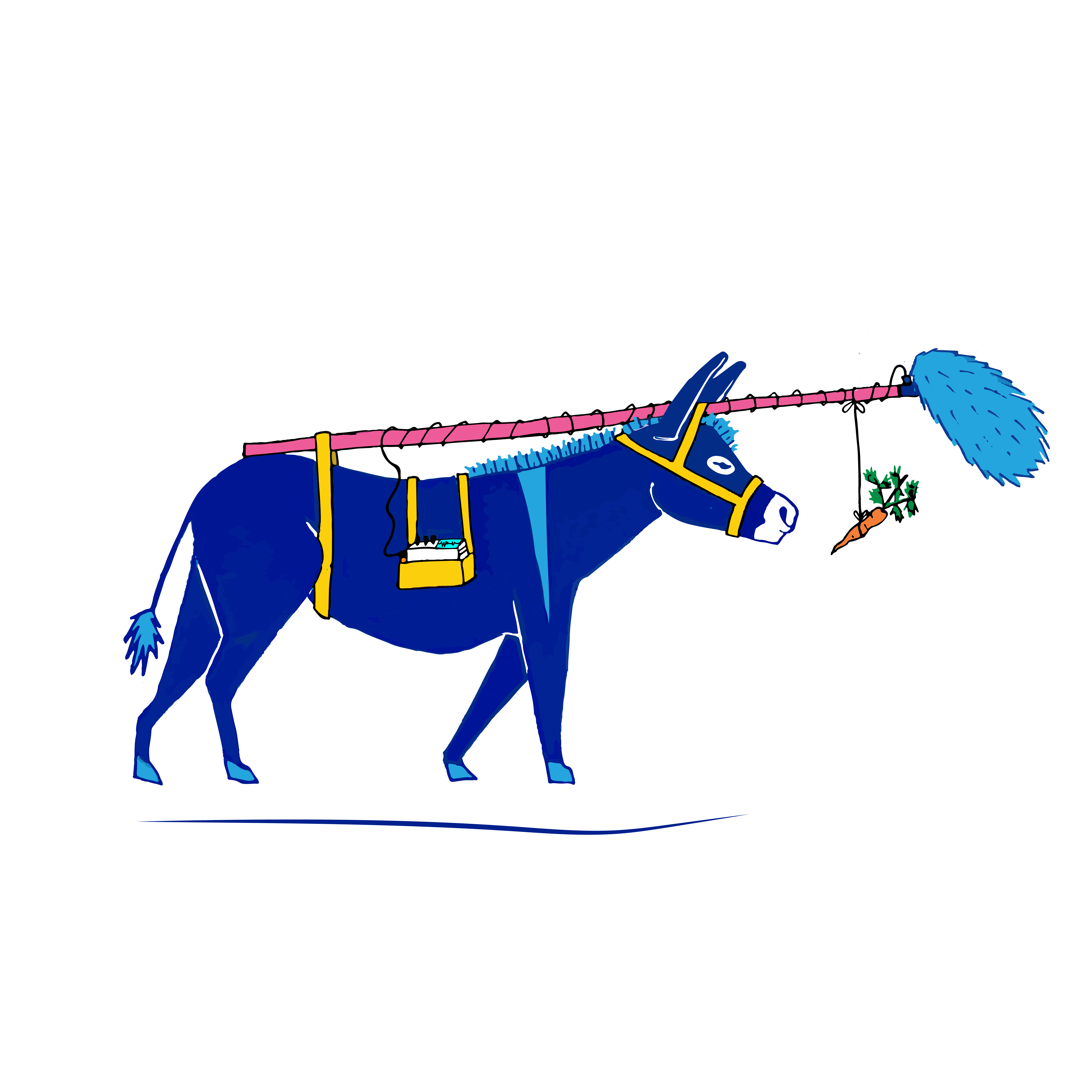Cocorico Sound Project
The rooster’s singing has so many names around the world.
Cocorico in France, Cock-a-doodle-doo in English, kikeriki in Germany, quiquiriqui in Spanish…
Does the rooster really sing differently according to his nationality?
Cocorico Sound is a collaborative project putting together on a map rooster sounds from all over the world, using the freesound platform.
You can send the sounds by email (contact here) and I will upload them to the map.
For each sound, the name will only be the crowing of the rooster in the language of the recording place. Description of the sound will give the name of the sound engineer, the place (country and region or state) and the language. More technical information can be added such as : microphone used, recorder, mixer, format (bit, frequencies).
Sound Engineers collaborating : Bulldozia, Claret Canelon, Ermine, Félix Blume, Florian Namias, Fx Pro Sound, Hotlavaman, Kangaroovindaloo, Klankbeeld, Matias Romero, Matija Gajic, Matthew Riva, Matthias Hunsinsky, Mete Ramizoglu, Setuniman, Scolex, Signor Vaso, Tito Lahaye.
The crows of the rooster:
Cacaracá – Spain, Galicia (Gallego)
Chicchirichiii – Italia, Tuscania (Italian)
Cocorico – France, Correze (French)
Cocoricó – Brazil, Minas Gerais (Brazilian)
Có có ró có – Portugal, Porto (Portuguese)
Cock-a-doodle-doo – Australia, Victoria (English)
Cock-a-doodle-doo – USA, Florida (English)
Cock-a-doodle-doo – Kerrera, Argyll, Scotland (English)
Coucourouroucou – Mali (Peulh)
Kikeriki – Germany (German)
Kokot – Poland, Katowice (Silesian dialect)
Kokouukuuu – Morocco, High Atlas (Moroccan Arabic)
Ku-ka-re-ku – Russia (Russian)
Kukeleku – Netherlands (Dutch)
Kukuriku – Serbia, Belgrade (Serbian)
Quiquiriquí – Mexico, Puebla (Spanish) Sound
Quiquiriquí – Paraguay (Spanish)
Quiquiriquí – Venezuela, Gran Sabana (Spanish)
Quqquliquu – Azerbaijan (Azeri Dili)

